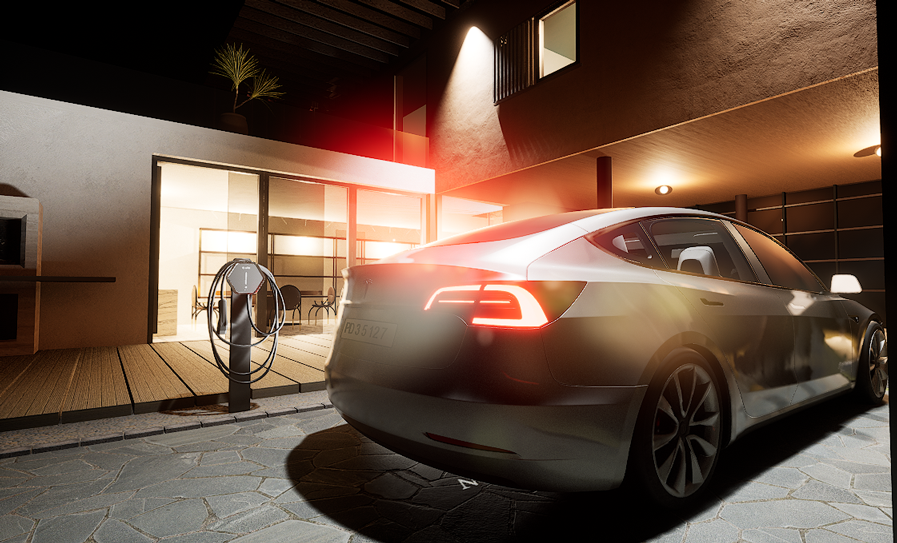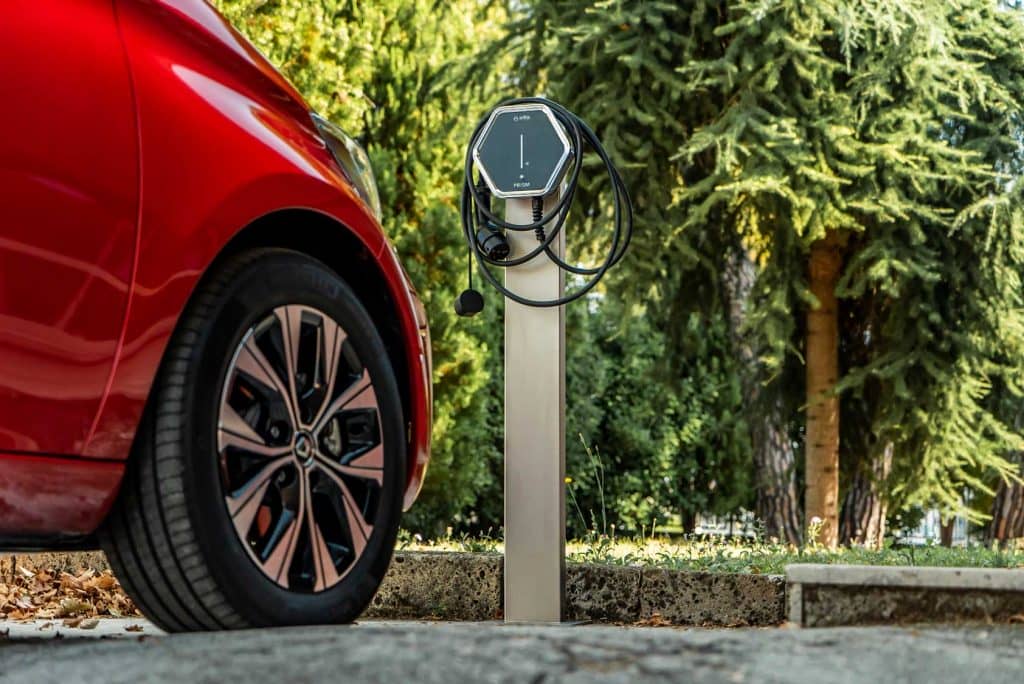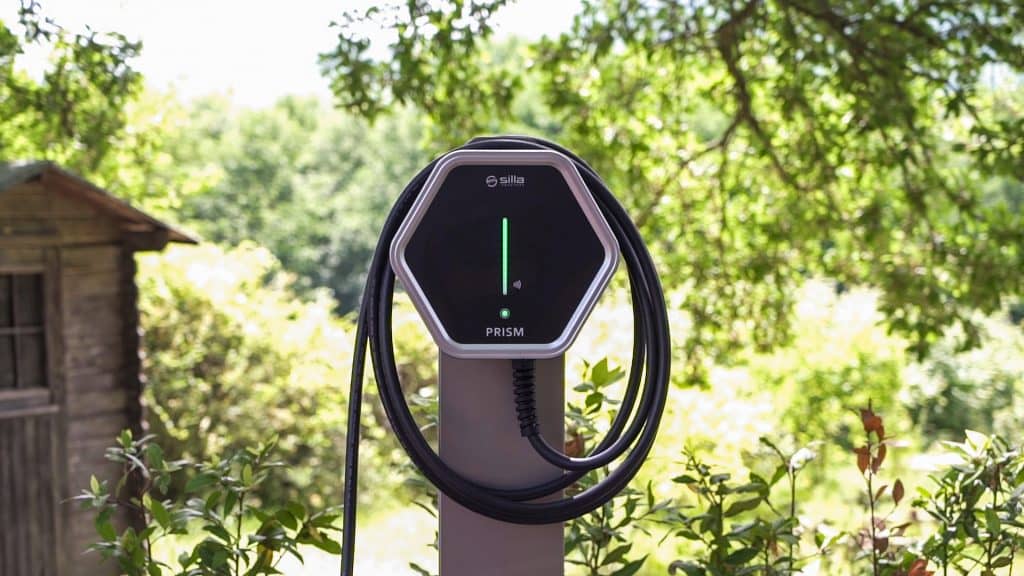How long does it take to fully charge the car?
In order to be able to answer the question “How quickly do you charge an electric car at home?” we must first dissect some concepts as the question is more complex than you might think, but do not despair! We will try to answer it by considering some important factors. For example, in our homes, we have at our disposal alternating current and not direct current. The latter generally charges cars all the faster. What! It does. But rest assured, we will answer in the simplest way possible.
In this article we will delve together into some indispensable concepts for understanding how charging an electric car works:
- 1. Charge level: units of measurement and battery capacity.
- 2. Practical example: how long it takes to recharge an electric car
- 3. Adherence to the ARERA trial.
- 4. How quickly can an electric car be recharged at home? How to get a better idea
- In conclusion
In this video you can find out how we answered the question “How quickly do you charge an electric car at home?”
Note: By viewing this video you hereby consent to the use of YouTube’s cookies.
1. The charging level: units of measurement and battery capacity.
The kWh measures the capacity of a car battery, on average ranging from 22 kWh in a city car (Like a Renault Twingo Z.E.) , to over 100 kWh in a hyper-performance vehicle (like a Tesla Model S electric car) . Of course, achieving an optimal charge level in a car with basic performance and battery capacity and in a top-of-the-line car are two different things. Also in terms of time.
A greater battery capacity corresponds to a greater amount of time needed for charging.
The first step to take in answering the question “How quickly does an electric car charge at home?” then is to know the battery and its capacity well.
2
2. Practical example: how long it takes to charge an electric car at home
Assume a home charging during the night, with the most basic meter possible(3 kW), of a car with a capacity of 40 kWh. Let’s also consider a nighttime household consumption of about 0.5kW (appliances, cell phone charging, etc… ), which then leaves us with about 2.5 kW available for charging the car. To arrive at a 60% charge, the calculation is this:
60% of 40 kWh is about 24 kWh. If we divide 24 kWh by the 2.5 KW available, the account returns= 9.6 hours of time to charge an electric car at home.
However, these data can be easily optimized by joining the ARERA trial.

3.
3. Adherence to the ARERA experiment.
Continuing with the example above, the 9.6 hours in the case of joining the ARERA trial would become 4.4 hours. The free trial allows the meter power during night and holiday hours to be increased to 6kW, without any increase in fixed costs, thus leaving about 5.5 kW available for car charging. The 24 kWh in the previous example, being able to rely on about 5.5kW of available power, would then be recharged in:
24 kWh / 5.5 kW = 4.4 hours to charge an electric car at home by joining the ARERA trial.
In both cases, a more than acceptable amount of time, especially organizing our activities according to the charging times required by our electric car.
4.
4. How quickly can an electric car be recharged at home? How to get a better idea:
In thinking about recharging we often end up imagining unrealistic situations in which we find ourselves with a dead battery every night and are forced to initiate daily 0 to 100% recharging, which, in the case of powerful cars, can take up to 13/14 hours. By the way, the same 100% charging is not recommended every day as it would ruin the integrity of the battery in the long run.
Wanting to draw a parallel (which we discourage, although that this time helps to better explain our answer) with the world of heat-powered cars, “a full tank” is not done every day, except in view of a long journey. Having made these considerations here is where it becomes more realistic to say that, as a rule, we will charge the car from a minimum tolerance of 20% to a maximum of 80%, and maybe not even every day!
So how do we get a better idea of how long it takes, on average, to get an acceptable recharge? As we have said, the charging rate we will most realistically go for an average car is 60% (from a minimum of 20% to a maximum of 80%).

But. then how do you charge an electric car at home in complete safety?
It is not only important to understand how quickly to charge an electric car at home? But also how to do it in complete safety. When connecting an electric car to a charging outlet, the powers involved can be very high. First of all, it depends so much on the type of grid we have at home, i.e., whether it is the single-phase grid (which is what 99 percent of us have at home and which maxes out at 7.4kW) to the three-phase grid (which is easier to find in business settings and also goes up to 22 kW).
In order to be able to safeguard the integrity of all other household appliances, as electric car charging without a certified and guaranteed accessory could certainly blow out our house power and create damage for other electronics, it is best to turn to devices such as electric car charging stations.
In addition, these products, also known as electric car chargers, also enable better performance by protecting the integrity of electric car batteries.
If you want to understand more about charging your electric car, we recommend reading this article.

In
In conclusion
Is it possible to answer the question, How quickly can we charge an electric car at home, considering that (virtually all of us) have AC power? Yes! But in doing so we must try not to reason in absolutes or be misled by an unrealistic view of our habits, as much as rely on a rationalization of what is often a false problem.
We simply have to think in a different way; we cannot compare refueling a heat-powered car with recharging an electric car. They are simply, though it may not seem like it, two completely different concepts.

